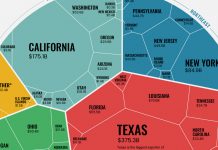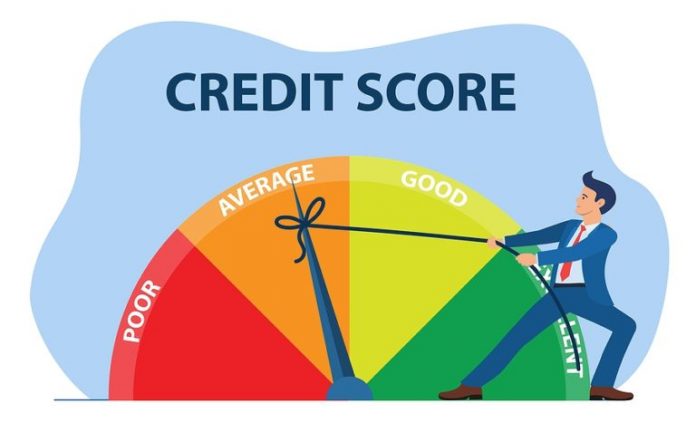Gathering personality as family, nationality, or sex is an incredible indicator of social inclinations, as shown by hypothesis and exact work. Specifically, individuals for the most part favor in-bunch over out-bunch individuals. Such preference can have positive or negative repercussions. From one viewpoint, it can prompt wasteful exchanges and lost freedoms. Then again, bunch character may likewise involve trust, correspondence, and proficiency because of shared standards and understandings. In ongoing exploration with Patrick Behr and Andreas Madestam, we check these restricting theories, inspecting one significant type of gathering personality, sexual orientation, and the results of own-sex inclinations for results in the credit market. We use microcredit exchanges as they are an optimal ground to test these various theories, depending intensely on the exchange between credit officials and borrowers.
Utilizing a huge dataset of advance exchanges from a business microlender in Albania, we examine whether the official borrower sexual orientation match impacts the probability that borrowers return to the moneylender for extra credit. In particular, we have an enormous dataset on up to 7,300 first-time borrowers, with point-by-point data on credit conditions, unfulfilled obligations, and borrower attributes. Basically, we have data on the sex of both borrower and credit officials just as data on past experience of advance officials. Likewise, we use variety in monetary market rivalry and in the number of officials utilized in a given branch across bank offices and after some time to check the variety of a potential own-sex predisposition with advance officials’ watchfulness.
Assessing the impact of own-sexual orientation inclinations presents two principal challenges. In the first place, if male or female borrowers with specific attributes are bound to be doled out to something very similar or other gender credit officials, the genuine impact of advanced official sex would be one-sided. Second, if unnoticed borrower attributes are associated with borrower sexual orientation, and if these can be seen by the credit officials however not by the specialists, it isn’t certain whether a huge coefficient on sex is because of an advanced official predisposition or the imperceptible qualities.
We address these issues by taking advantage of a semi-irregular part of the institutional setting of the bank: the way that first-time borrowers are discretionarily allocated to their particular advance official, with the area of movement and year of utilization being the main elements driving the match with a particular official. Contingent on area and year, the irregular task of borrowers to officials guarantees that inconspicuous borrower attributes are something similar across all officials, paying little mind to official sexual orientation. Specifically, we think about the distinction in credit market results for male and female borrowers getting advances from male advance officials to the contrast among male and female borrowers acquiring advances from female advance officials.
Utilizing this distinction in-contrast strategy, we find:
Borrowers coordinated with other gender credit officials are 11% more averse to apply briefly advance with similar loan specialists when contrasted with borrowers allocated to same-sex officials.
This impact is especially solid on account of credit officials with restricted involvement in borrowers from the other sex, recommending that the inclination disappears with sexual orientation explicit learning-at work. We likewise track down that the impact possibly exists when credit officials have an adequate level of attentiveness, as proxied by low rivalry from other monetary foundations and branches with few advance officials.
All things considered, 35 premise focuses higher loan costs contrasted with borrowers relegated to same-sexual orientation officials. Once more, these impacts are more articulated (around one rate moment that) officials have less other gender experience and more tact (more fragile external contest and more modest branches).
Borrowers coordinated with officials with less openness to the next sex and a huge level of carefulness likewise get between 4 to 24 percent lower advance sums.
On the off chance that data deviations among officials and borrowers were significant, the variety saw in financing costs or credit sums ought to be reflected in various arrear results. Notwithstanding, our outcomes likewise propose that advance unpaid debts are autonomous of the official borrower sexual orientation task. The absence of any differential arrear result upholds the presence of an underlying taste-based inclination instead of the thought of a data theory where advance officials are more productive while executing with own-sex when contrasted with inverse sexual orientation borrowers.
Our discoveries have significant repercussions for both monetary establishments and strategy producers. To start with, our outcomes should influence firms’ human-asset rehearses as credit officials’ inverse sexual orientation experience has repercussions for the size of the own-sex predisposition. Second, according to an approach viewpoint, our discoveries support the guess that monetary market contest can be an incredible asset in hosing the predispositions of credit officials, and, at last, banks, against borrowers of a specific sex.





































